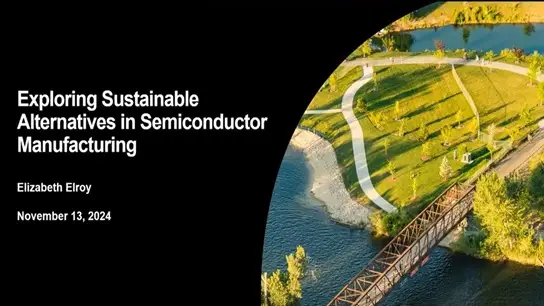Massive MIMO for 5G Below 6 GHz: Achieving Spectral Efficiency, Link Reliability, and Low-Power Operation
Emil Bjornson, Associate Professor, Linkoping University
-
Members: FreeTechnical Community
IEEE Members: Free
Non-members: FreeLength: 01:03:38
17 Jan 2018
5G, the next generation of wireless networks, needs to accommodate massive data traffic, large user numbers, high reliability, and yet provide great energy efficiency. When talking about 5G-enabling technologies, there is much fuss about millimeter wave communications, which is the ideal approach for delivering high data rates over short distances. However, the mmWave operation is inherently unreliable and unsuitable for wide-area coverage. To satisfy all the 5G requirements, we also need to make major improvements in the network operation at conventional cellular frequency bands, below 6 GHz. Massive MIMO is the name of multiantenna technologies that use access points with hundreds of antenna elements. Massive MIMO was conceived as the way to deliver very high spectral efficiency in bands below 6 GHz, using spatial multiplexing of tens of users per cell. In recent years, Massive MIMO has gone from being a mind-blowing theoretical concept to one of the most promising 5G-enabling technologies; several world records in spectral efficiency have been set by Massive MIMO testbeds. The use of arrays with many antennas creates the phenomenon of channel hardening, which means that the rapid fading variations that normally haunt wireless links are averaged out, leading to high link reliability. Furthermore, the array gain provided by the directive transmissions allow for reduced transmit powers, which is an enabler for low-power nodes. In this talk, I will explain the basics of Massive MIMO and the importance of implementing it in the right way in order to reap all the benefits that the technology can deliver. I will exemplify how to achieve high spectral efficiency, great link reliability, and low-power operation.


